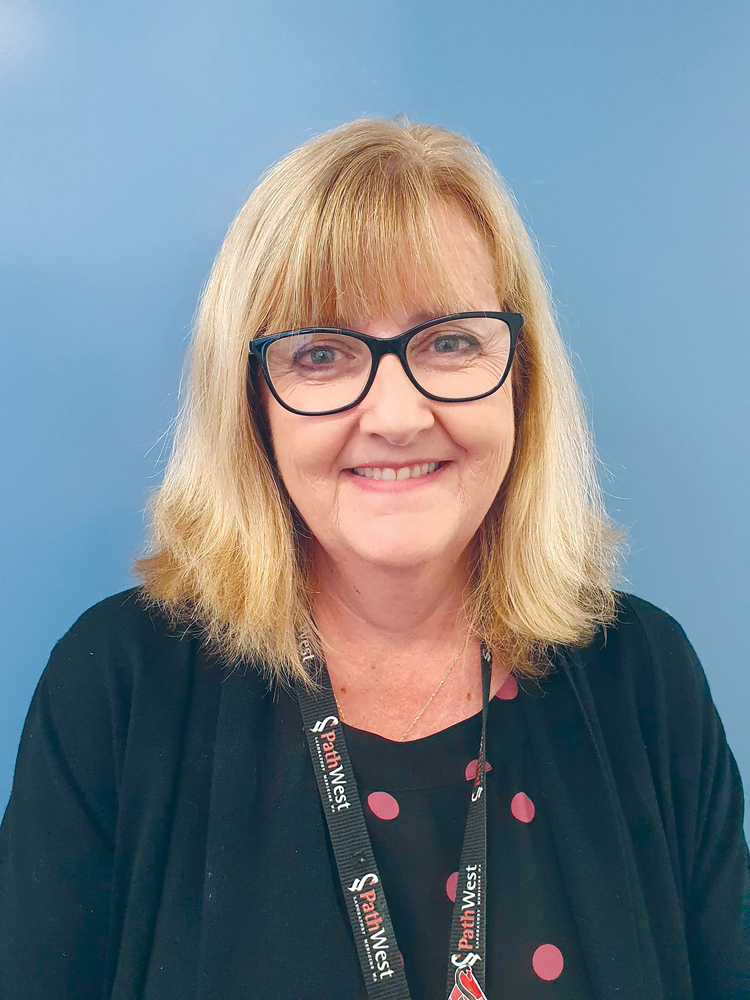As the State mortuary prepares for a major upgrade, forensic pathologist Dr Jodi White explains what happens at the facility, including the now routine use of CT scans.
The PathWest Forensic Pathology and State Mortuary Service is the sole provider of coronial and forensic services to the State Coronial Service. The service, based at QEII Medical Centre, receives and investigates all deaths reported to State and regional coroners across Western Australia.

Reportable deaths include natural but unexpected deaths, homicides, motor vehicle and other accidents, suicides, deaths of people held in care or custody, and some hospital and child deaths.
Our staff are highly skilled and are as diverse as the work we see each day.
The mortuary can be a difficult and confronting place to work, with all of us here having been at some stage affected by the stories that accompany those admitted to our care. It is certainly not an occupation for everyone, with the work being both physically and emotionally challenging.
It takes experience of exposure to the case work, time and the understanding and support of your colleagues to be able to navigate this role. If you asked each staff member, past and present, all could relate a particular case or two that really touched or affected them in some way and is still with them.
The staff take pride in their work and acknowledge the great responsibility and privilege afforded to our service in performing what will be part of a final investigation into a person’s life and death, providing the necessary answers to the courts and closure to the family.
The importance of wellbeing in the workplace and, in our line of work, recognising vicarious trauma, has become more widely accepted. Vicarious trauma is now better acknowledged with preventative strategies and managed to help those in frontline positions to deal with the daily exposure to traumatic circumstances often found in our case work. Such support and training will soon form part of our annual staff wellness program.
The service and discipline have seen major changes and an increase in total case work and complexity over the past 10 years.
One of the most significant changes include the acquisition and implementation of a dedicated forensic pathology post-mortem CT service since April 2019.
Post-mortem CT scanning has become an integral part of coronial autopsy and forensic services nationally and internationally and is now considered best practice.
At present, all bodies admitted to the State mortuary receive a post-mortem CT. This service, managed with the assistance of SCGH Radiology, has changed the way we approach and investigate the majority of cases.
A whole-body CT as a preliminary examination allows the forensic pathologist, when considering the deceased’s history and circumstances in some cases, to identify a cause of death without the need for a full or invasive post-mortem – for example in the case of a large stroke or cerebrovascular accident.
The CT findings also assist the Coroner and families in managing objection cases, enabling a reasonable cause of death to be offered in many cases where there are cultural or other reasons why an invasive post-mortem examination is against the family’s wishes.
The CT helps investigate specialised deaths such as scuba diving fatalities and enhances our ability to identify and investigate pathology in areas usually difficult to access.
The CT images, coupled with 3-D printing, can also be considered as a permanent electronic record of the body for later review or audit, and be used in disaster victim identification and in criminal casework at trial to illustrate issues around injuries or other matters where graphic photographs may not be appropriate.
Other major changes underway include a comprehensive upgrade by WA Health to the existing mortuary, which was commissioned in the early 1970s. It has served WA for many years but the upgrade is essential to meet our future needs.
The works over the next 18 months will refurbish and expand the staff facilities, stores, cool-room, and admissions and tissue laboratory areas. Improvements to increase the clinical workspace will start later this year and include a new homicide theatre and infectious theatre, adding to the procedures and security surrounding criminal casework for the State and those cases proceeding to trial.
The teaching area remembered by many WA medical students from the past – also long overdue for a makeover – will be renovated to include new technologies to improve viewing and training.
The upgrade will add significantly to our total capacity and efficiencies and, along with the CT scanner, will mean a more seamless and capable coronial and forensic pathology service.
ED: Dr Jodi White is Consultant Forensic Pathologist and Head of Department with the Forensic Pathology and State Mortuary Service at PathWest

